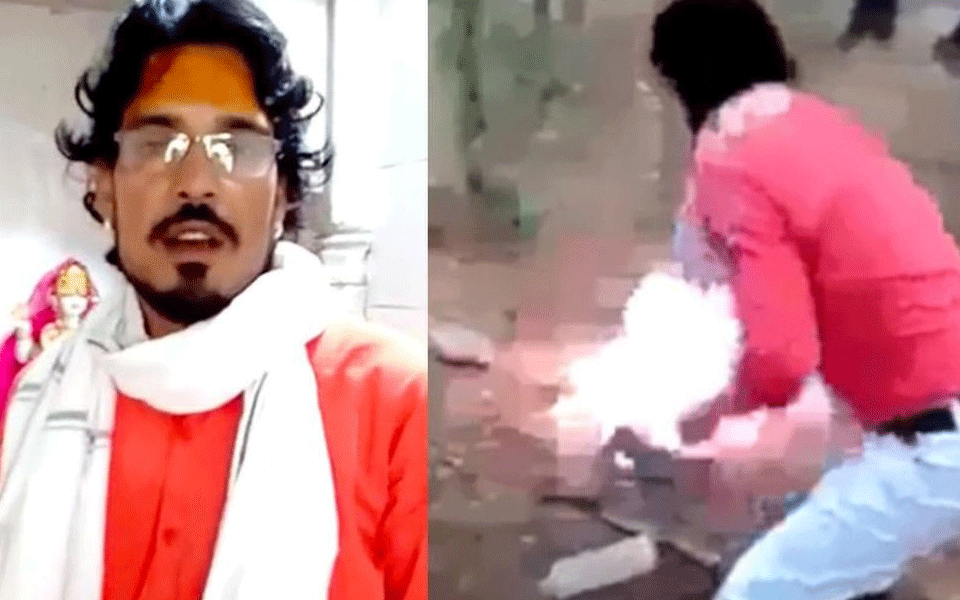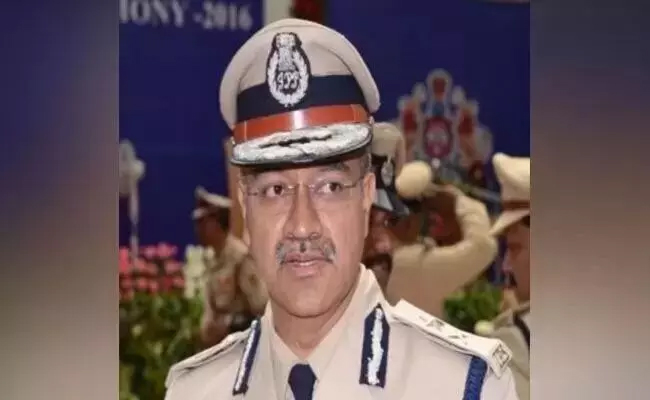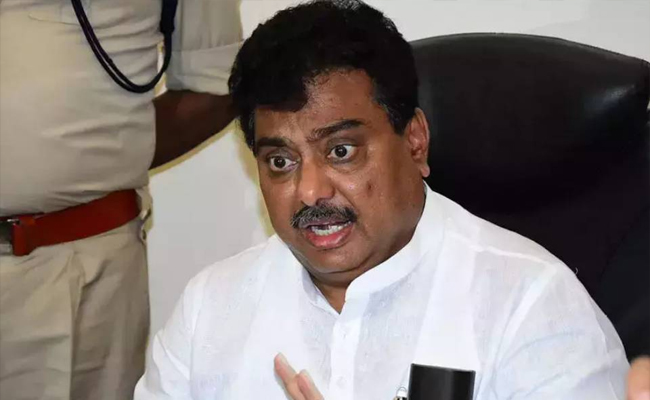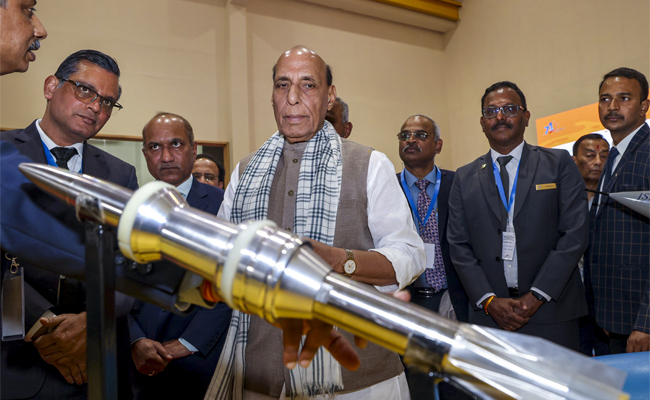New Delhi: The Supreme Court on Friday asked the CBI to seek instructions from the Central government on conducting a probe and providing adequate compensation to the widow of a Muslim laborer, who was hacked and burnt alive in Rajasthan last year.
Chief Justice Dipak Misra and Justice A.M. Khanwilkar directed the Central Bureau of Investigation (CBI) to inform it about the issue raised by Gulbahar Bibi, wife of 50-year-old Afrazul Khan who was from West Bengal.
The woman also sought an independent probe into the murder and direction that the video of the ghastly murder is withdrawn from the internet and social media sites.
Appearing for Gulbahar Bibi, senior advocate Indira Jaising asked the court to transfer the probe from Rajasthan to West Bengal which the judges said would be decided later.
The apex court had earlier termed as "horrendous" the video of Khan being hacked and burnt alive in Rajsamand district.
The petition sought appointment of a Special Public Prosecutor to conduct the trial and transfer of the investigation to Malda district in West Bengal where Bibi resides.
Khan was killed allegedly by Shambhulal Regar on December 6 last year, and the entire murder was recorded by the minor nephew of the accused, who is in judicial custody.
After killing Khan, Regar was seen in the video saying he did it to stop Love Jihad -- a term used to refer to Muslim men marrying Hindu women.
The plea said: "The petitioner is aggrieved by the limited investigation being conducted by the Rajasthan Police into the murder of her husband since its videography and uploading as well as dissemination of the same is more inhuman and gruesome than the murder itself which is beyond the scope of the present investigation agency so the real guilty will never be brought to the book."
Let the Truth be known. If you read VB and like VB, please be a VB Supporter and Help us deliver the Truth to one and all.
New Delhi: A visit by the US Ambassador to India, Sergio Gor, to Chandigarh on Monday has triggered sharp criticism from opposition leaders and social media users, raising questions about national security and foreign policy.
On X, Ambassador Gor announced his visit, writing, “Just landed in Chandigarh. Looking forward to visiting the Western Command of the Indian Army.”
Just landed in Chandigarh. Looking forward to visiting the Western Command of the Indian Army
— Ambassador Sergio Gor (@USAmbIndia) February 16, 2026
Soon after, opposition voices questioned the broader implications of the visit. Congress Kerala, in a post, commented, “Why so much panic? We’ve already seen Pakistan's ISI getting access to Pathankot Airbase with this government's blessings. Didn't they say then ‘Modi ne kiya ho to kuch soch samajh kar kiya hoga?’ Compared to that, this is very small.”
Why so much panic? We’ve already seen Pakistan's ISI getting access to Pathankot Airbase with this government's blessings.
— Congress Kerala (@INCKerala) February 16, 2026
Didn't they say then "Modi ne kiya ho to kuch soch samajh kar kiya hoga?"
Compared to that, this is very small. pic.twitter.com/gNNuAGQBPC
Shiv Sena (UBT) leader Priyanka Chaturvedi also weighed in, writing, “Since India’s national strategic interests are now tied to what US wants India to do, this visit seems to sync with that.”
She further added, “India’s history will remember the de-escalation announcement between India and Pak was announced on social media by the US President before Indians got to know from their own government. US Ambassador is doing the job for his nation, who is doing for us? The answer is blowing in the wind.”
Since India’s national strategic interests are now tied to what US wants India to do, this visit seems to sync with that. India’s history will remember the de-escalation announcement between India and Pak was announced on social media by the US President before Indians got to… pic.twitter.com/rYMq5NhJHA
— Priyanka Chaturvedi🇮🇳 (@priyankac19) February 16, 2026
The visit comes against the backdrop of the growing US-India defence partnership.
Writer and political analyst @rajuparulekar commented on ‘X’, “East India Company is back!”
“Is it allowed for an ambassador to visit any army unit in india?” asked another user.
Several X users expressed concerns over the appropriateness of the visit.
One asked, “Is it allowed for an ambassador to visit any army unit in India?” Another wrote, “Why an ambassador visiting our army places? To talk to Chandigarh lobby for F-35?”
Why an ambassador visiting our army places ? To talk to chandigarh lobby for f-35 ??
— Rohan Sagar (@RohanSagar03) February 16, 2026
“We have completely sold Indian sovereignty. Rothschild the evil Bankers will now control NSE. Modi sold Bharat Mata to Trump . And now American imperialist is visiting our army command . Scary,” wrote another user.
“The Indian Army isn’t part of geopolitics, so why is he interested in visiting there?,” opined another.
The Indian Army isn’t part of geopolitics, so why is he interested in visiting there?
— Aditya Pratap Singh (@Adi_IIMCIAN) February 16, 2026
On Sunday, Gor welcomed Admiral Samuel Paparo, Commander of the United States Indo-Pacific Command (INDOPACOM), highlighting efforts to expand the growing US-India defence partnership.
In a post on X, Gor wrote, “Delighted to have @INDOPACOM Commander Admiral Samuel Paparo in India to expand the U.S.-India defense partnership. Now is the time to strengthen vital cooperation between our two nations.”
On Monday, Admiral Samuel J. Paparo Jr visited the headquarters of India’s Western Army Command along with the American envoy Sergio Gor. The delegation was briefed on the formation’s capabilities, its past operations, and future plans.
The American delegation also visited Bengaluru, where they met three start-ups, two in the space sector and one in defence, and participated in an Indo-US conference.





